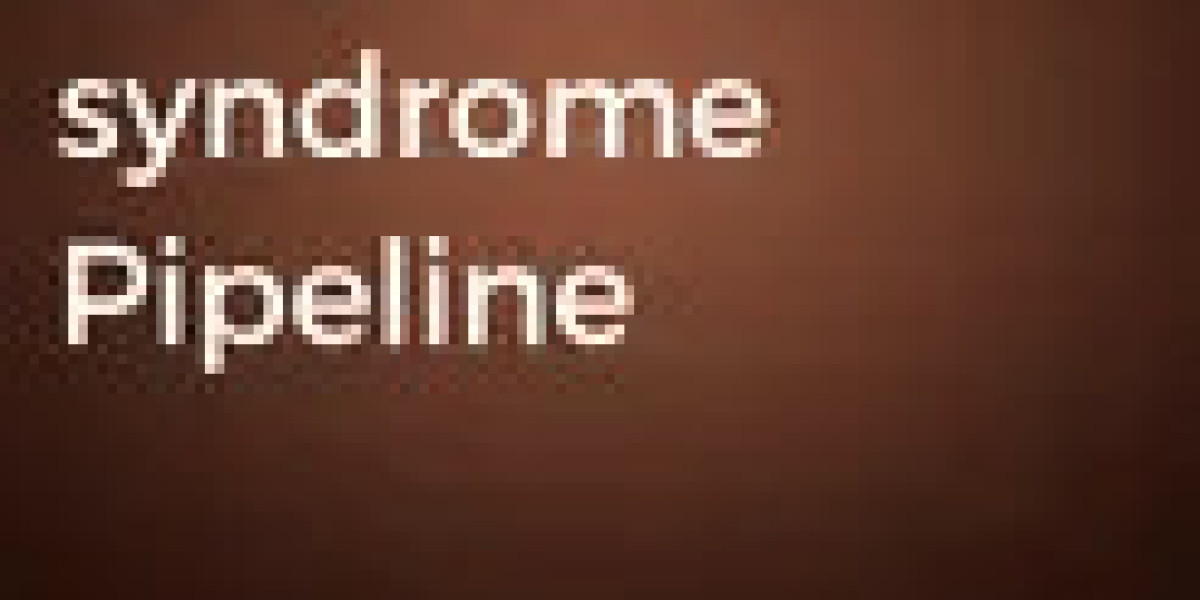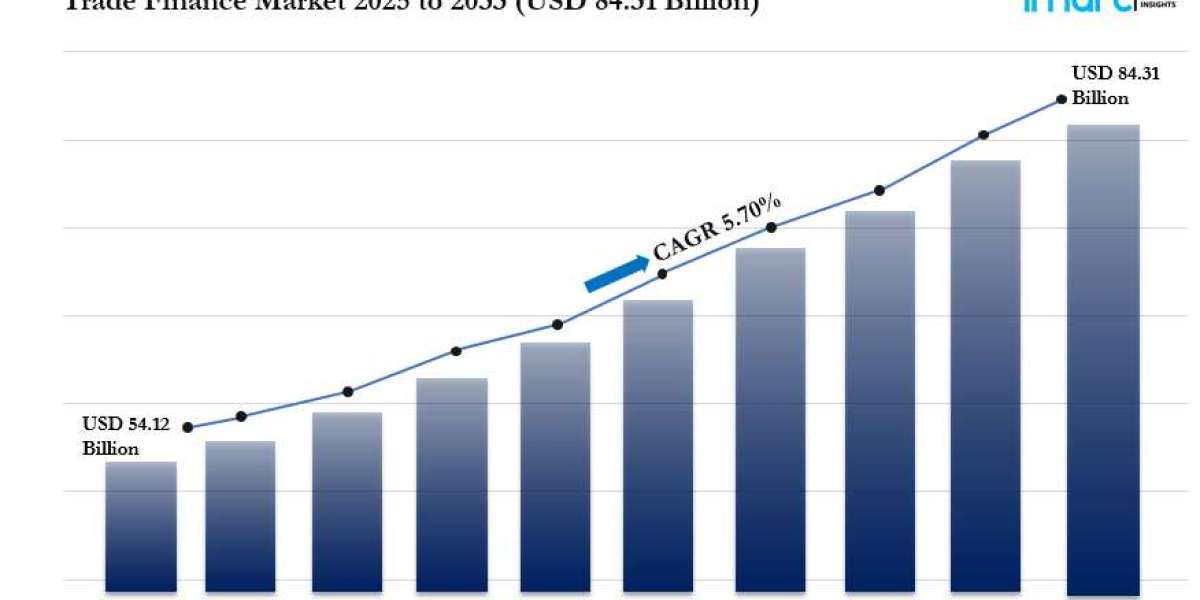Sjögren’s syndrome is a systemic autoimmune disease that disrupts the body’s ability to produce moisture, mainly targeting the salivary and lacrimal glands. The most recognizable symptoms are dry mouth and dry eyes, often paired with fatigue, joint stiffness, and in some cases, complications affecting organs such as the lungs, kidneys, and nervous system. Despite its frequency among autoimmune conditions, Sjogren’s syndrome Treatment has historically focused on relieving symptoms rather than slowing disease progression. This is now changing, as advances in immunology are driving research toward therapies that target the underlying mechanisms of the disease.
The Sjogren’s syndrome Pipeline highlights this shift, with many investigational drugs designed to regulate immune responses. B cells play a critical role in disease activity, fueling inflammation and producing harmful autoantibodies. Monoclonal antibodies targeting BAFF signaling, essential for B-cell survival, are showing promise in trials. Other therapies are focused on disrupting the CD40–CD40L interaction between T cells and B cells, blocking signals that sustain autoantibody production and chronic inflammation.
In addition to adaptive immune responses, researchers are paying close attention to innate immunity. Overactivation of the STING pathway contributes to persistent inflammation in autoimmune diseases. By inhibiting this pathway, new drugs may reduce disease activity while leaving infection defenses intact. Another area of interest is Bruton’s tyrosine kinase (BTK), an enzyme vital to B-cell receptor signaling. Oral BTK inhibitors have already demonstrated success in other autoimmune conditions and are now being investigated for their potential in Sjögren’s. Similarly, neonatal Fc receptor inhibitors are progressing through late-stage Sjogren’s syndrome Clinical Trials. These drugs reduce the lifespan of pathogenic antibodies, offering a targeted way to limit tissue damage.
Beyond immunosuppressive strategies, regenerative medicine is opening new possibilities. Some therapies under development are aimed at repairing damaged salivary and lacrimal glands, with the goal of restoring lost glandular function. Cell-based treatments, including natural killer (NK) cell therapies, are also being explored. These therapies could help recalibrate the immune system and work alongside monoclonal antibodies by enhancing their ability to eliminate autoreactive immune cells.
Innovation is also being accelerated by technology. Artificial intelligence is now being used to design and optimize new Sjogren’s syndrome Drugs. These AI-generated molecules are built for high precision, with the aim of improving effectiveness and minimizing unwanted side effects. This reflects a broader industry trend toward personalized medicine in autoimmune care.
The involvement of major Sjogren’s syndrome Companies is further shaping the therapeutic landscape. Strategic partnerships, licensing agreements, and regulatory incentives are helping to advance investigational therapies through development stages more quickly. Increased competition in this field is accelerating innovation and strengthening the likelihood of meaningful breakthroughs.
Together, these developments suggest that the treatment outlook for Sjögren’s syndrome is improving. Rather than focusing solely on relieving dryness or suppressing symptoms, the new generation of therapies aims to reduce disease activity, protect organs, and even restore function. The possibility of long-term remission is becoming more realistic as the pipeline continues to grow.
In short, Sjogren’s syndrome Treatment is moving toward a new era. With innovative biologics, oral small molecules, regenerative therapies, and AI-driven drug design, the future holds greater hope for patients living with this challenging autoimmune condition.
Latest Reports Offered by Delveinsight:
Cart-related Neurotoxicity Market | Eosinophilia Market | Interbody Cages Market | Mammography Devices Market | Moderate Psoriasis Market | Pelvic Organ Prolapse Market | Phenylketonuria Market | Skin Burns Market | Transfusion-dependent Thalassaemia Market | Cancer Vaccines Market | Cardiac Monitoring System Market | Celiac Disease Market | Desmoplastic Small Round Cell Tumors Dsrcts Market | Esophageal Cancer Market | Fetal And Neonatal Monitoring Devices Market Market | Gender Dysphoria Market | Her3 Market | Hernia Repair Devices Market | Neurofibroma Market | Non Alcoholic Fatty Liver Disease Nafld Market | Nosocomial Infections Market | Oxygen & Hyperbaric Oxygen Equipment Market | Parkinson’s Disease Market | Phototherapies For Psoriasis Market | Spinal Cord Stimulators Market | Tbi Market | Vascular Graft Devices Market | Vulvar Cancer Market
About DelveInsight
DelveInsight is a trusted provider of life sciences and pharmaceutical market research and consulting, offering actionable insights that empower organizations to make informed decisions. With a commitment to delivering strategic intelligence, DelveInsight serves as a key partner to global pharmaceutical, biotechnology, and healthcare companies looking to excel in an evolving market landscape.
Contact Us
Kanishk
Email: kkumar@delveinsight.com








